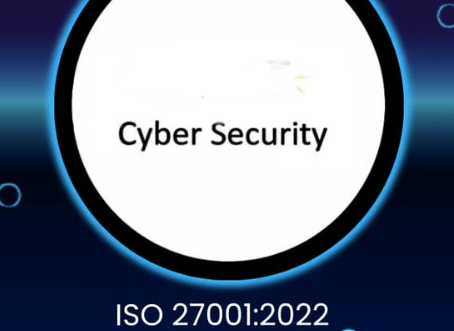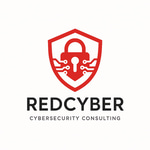Cyber Security Compliance
Standard compliance refers to a structured set of guidelines that organizations must adhere to in order to secure their IT systems, operational processes, and sensitive organizational data—ultimately reinforcing strong IT governance. Various globally recognized standards are designed to protect critical information, especially Personally Identifiable Information (PII) and Protected Health Information (PHI), based on specific industry requirements.


ISO/IEC 27001 – Information Security Management System (ISMS)
ISO/IEC 27001 is a globally recognized compliance standard developed by the International Organization for Standardization (ISO), designed to help organizations establish, implement, maintain, and continually improve an Information Security Management System (ISMS).
Beyond being a certification, ISO/IEC 27001 outlines a comprehensive set of best practices and guidelines for managing information security through effective risk management frameworks. Its primary objective is to ensure the confidentiality, integrity, and availability of critical assets—such as financial records, personal data, and sensitive third-party information—by identifying and mitigating potential threats.
Achieving ISO 27001 certification demonstrates an organization's commitment to robust security controls, regulatory compliance, and the protection of stakeholder data.


SOC2 Compliance
SOC 2, introduced by the American Institute of Certified Public Accountants (AICPA) in 2013, is a compliance framework designed to ensure that service providers manage customer data securely and responsibly. It is particularly relevant for organizations that handle sensitive information on behalf of clients, such as SaaS providers, cloud-based vendors, and third-party partners.
SOC 2 is built around five Trust Service Criteria: Security, Availability, Processing Integrity, Confidentiality, and Privacy. These principles guide organizations in implementing robust controls to protect the integrity and confidentiality of data, safeguard customer trust, and ensure regulatory compliance.
Achieving SOC 2 compliance demonstrates an organization's commitment to high standards of data protection and operational transparency.


PCI DSS
The Payment Card Industry Data Security Standard (PCI DSS) is a comprehensive set of security standards established in 2004 to ensure the secure handling of cardholder data and Sensitive Authentication Data (SAD) within the Cardholder Data Environment (CDE). Its primary goal is to protect payment data throughout storage, processing, and transmission phases.
PCI DSS compliance is mandatory for all organizations that store, process, or transmit cardholder information. However, even organizations that do not directly handle cardholder data may still be required to comply—depending on their interaction with systems, service providers, or partners that do.
If an organization stores or processes any form of cardholder data or SAD, PCI DSS compliance is not optional—it is a critical requirement to maintain trust, reduce liability, and avoid potential penalties or breaches.
